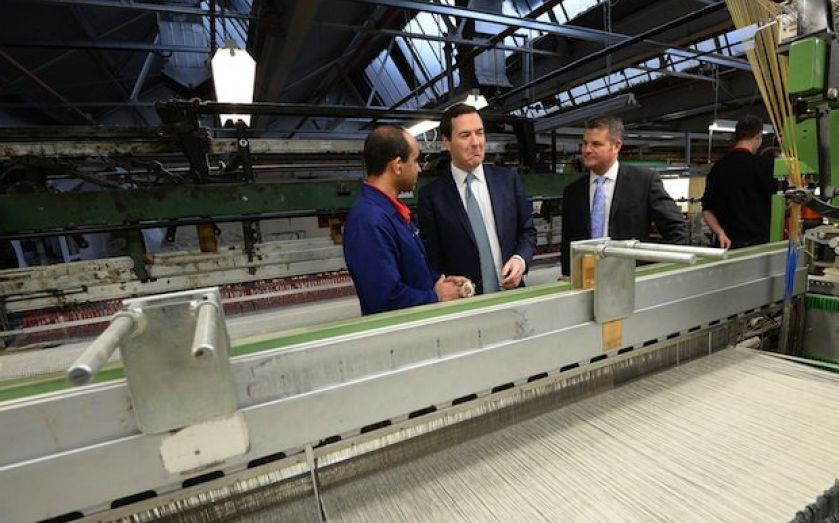| Updated:
Growth in UK services is accelerating – so what does this mean for interest rates?

Could this be the news the hawks have been waiting for?
Markit/CIPS PMI data out today shows an acceleration in growth in the services industry which, when combined with the two previous surveys, suggests August saw the fastest economic growth since last November.
Adjusting for seasonal factors, the Business Activity Index stood at 60.5, up from 59.1 in July and the highest level since October 2013. Growth has now been sustained for 20 months.
The good news is that this seems to have legs.
Job creation has increased again – the number of people on panellists' payrolls has now risen for 20 consecutive months – but with the amount of new business coming in, companies were still under capacity pressure, with panellists reporting they had “insufficient staff numbers”.
Indeed backlogs of work have increased “at a solid pace”, although the lowest rate in three months.
Supporting this increase in staffing is a note of more general optimism for the future, with more than 45 per cent of the panel forecasting a rise in activity. There was some concern about the underlying strength of business pipelines, however, which led to a fall in overall confidence to a 15-month low. Pricing power was also subdued as competition remained fierce.
Panellists reported that demand for services was favourable and that client confidence was high. Marketing activity has increased to support sales efforts.
Markit's chief economist Chris Williamson said the results of the three surveys combined “provid[ed] further ammunition for policymakers arguing for higher interest rates”.
Figures out yesterday showed the UK construction PMI rose to an above-expectation 64 in August, while on Monday it was revealed that manufacturing was in growth, although had dropped to 52.5.
Williamson explained:
The sustained elevated PMI readings suggest we will see another quarter of strong economic growth in the third quarter, similar to the 0.8 per cent expansions seen the first two quarters of the year.
Williamson sounded a note of caution, however, with growth “too dependent on the domestic economy”. His commentary – clearly written before this morning's news of a ceasefire between Russia and Ukraine was announced – suggests that crisis could have “dealt a blow” to exports, services and construction.
Assuming the ceasefire holds, however, the economy could be back on track. Could this see more dissenting voices join the ranks of Ian McCafferty and Martin Weale?